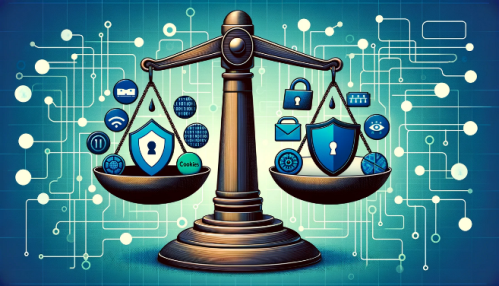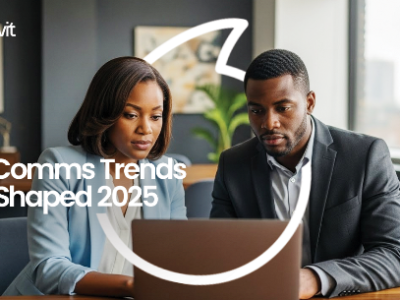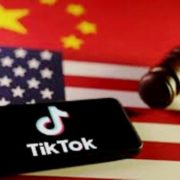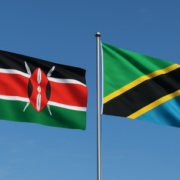A Crisis Averted: The Day a Government Data Leak Nearly Broke Public Trust
It started with a whisper on social media.
In early 2023, a series of screenshots began circulating online—leaked records from a federal government database showing millions of Nigerians’ personal information: full names, addresses, phone numbers, bank details, and even biometric data linked to their National Identity Numbers (NIN). The leak didn’t come from a foreign hacker group or an international cybercrime syndicate. It came from an unsecured server belonging to a third-party contractor hired to digitize public welfare payments.
Within hours, panic spread. People reported unauthorized transactions. Scammers called citizens using intimate personal details, posing as bank officials or tax agents. Journalists uncovered that the exposed server had been publicly accessible for over six months. No encryption. No access logs. No accountability.
The government scrambled to respond, issuing denials, then apologies, then promises of investigations. But public trust was already crumbling. Protests erupted in Lagos and Abuja. Tech experts decried the negligence. International investors raised eyebrows. Nigeria’s growing reputation as Africa’s tech hub suddenly looked fragile—built on innovation, yes, but on shaky ethical and security foundations.
That’s when we were called in.
Our team arrived to find chaos: no clear data governance policy, no breach notification protocol, no incident response framework. Contractors operated with zero oversight. Ministries hoarded siloed data without coordination. And most alarmingly—no one could say where the data went once it left government servers.
We spent weeks containing the damage: identifying compromised records, advising on legal disclosures, recommending technical fixes, and helping design a crisis communication strategy. But what kept us up at night wasn’t just the technical failure—it was the deeper truth this breach revealed:
Nigeria was playing catch-up in the most dangerous way possible—by learning ethics through disaster
Why This Story Matters
This incident wasn’t an outlier. It was a symptom of a system that prioritizes speed over safety, scale over scrutiny, and digital ambition without ethical guardrails.
Long before GDPR reshaped global data norms, before Kenya and South Africa strengthened their privacy laws, Nigeria had the opportunity to lead. Instead, we responded to crises rather than prevent them. We rolled out digital ID systems before passing data protection laws. We embraced fintech revolutions without establishing algorithmic accountability.
And now, every major digital initiative—from smart cities to AI-driven healthcare—carries the shadow of that 2023 leak. Because data analytics without ethics is not innovation. It’s risk disguised as progress.
The Ethical Gaps That Left Us Vulnerable
What we found during our investigation echoed the core ethical challenges in data analytics:
– No Informed Consent: Millions of citizens never knew their NIN would be shared with third-party vendors.
– Zero Transparency: There was no public disclosure about how data would be used or protected.
– Bias by Neglect: Marginalized communities—often the least digitally literate—were disproportionately affected by fraud.
– Lack of Accountability: When things went wrong, no agency or individual took responsibility.
These aren’t just technical oversights. They are ethical failures—and they persist because Nigeria still treats data privacy as an afterthought, not a foundation.
Why Nigeria Must Stop Playing Catch-Up
The cost of delay is no longer theoretical. It’s measured in lost trust, stolen identities, derailed investments, and reputational damage.
Consider this:
– Nigerian startups raising millions in venture capital are being asked to prove GDPR compliance—even though Nigeria lacks an equivalent enforceable law.
– Foreign partners hesitate to collaborate on health or financial data projects due to concerns over misuse.
– Citizens are beginning to resist digital services—not because they don’t want progress, but because they don’t feel safe.
Meanwhile, countries like Rwanda and Ghana are advancing comprehensive data protection frameworks, training ethics boards, and embedding privacy into national digital strategies. They’re not waiting for a crisis. Nigeria cannot afford to wait either.
Building a Future Grounded in Ethics
After the breach, we recommended more than firewalls and audits. We urged the creation of:
– A fully independent National Data Protection Authority with enforcement powers.
– Mandatory algorithmic impact assessments for all government AI systems.
– Public education campaigns on digital rights.
– A legal requirement for data minimization and purpose limitation—collect only what you need, use it only for what you declared.
Progress has been slow—but there’s hope. The proposed Data Protection Bill is gaining traction. Civil society is louder. Young tech leaders are demanding change.
But momentum isn’t enough. Nigeria needs leadership that sees ethical data use not as a hurdle, but as a competitive advantage.
Because the next breach isn’t a matter of if—it’s a matter of when.
And the next time, the fallout might not be salvageable.
Conclusion: Lead Before You’re Forced To
That government data leak was a wake-up call. It showed us what happens when ethics take a backseat to expediency. But it also showed us something else: that Nigeria can respond, adapt, and rebuild—if given the right guidance and political will.
Now is the time to stop reacting and start leading.
To move from crisis management to ethical foresight.
From playing catch-up to setting the pace.
The world isn’t waiting for Nigeria.
But Nigeria can still lead Africa into a future where data serves people—not the other way around.
We just have to choose to act—before the next call comes in.
Oluwaseun Adejare Ajibade | Business Data Analytics (M.Sc.) | ESG & Sustainability Advisor | Sustainable Finance & Risk Strategist | Keynote Speaker | Management Training Consultant






























